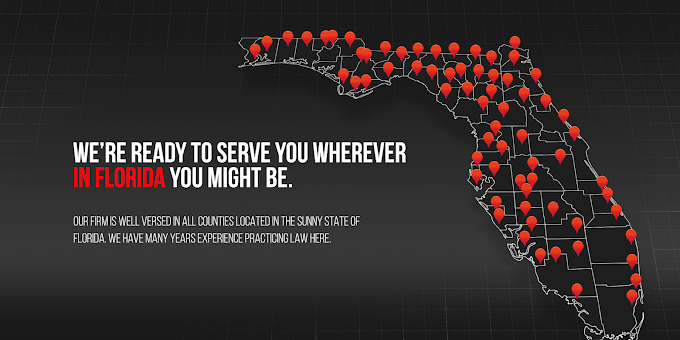






The rules regarding seal or expungement of a criminal record recently changed-
An opportunity for a new beginning may be presented by the option to seal or expunge one’s criminal record for individuals who have successfully served out their terms or had their charges dropped or dismissed.
A law allowing adults to have their criminal records wiped even if they had previously done so as juveniles was vetoed by Governor Ron DeSantis last June 2023. Regardless, lawmakers understand that a criminal record hinders individuals to progress in the workforce as their criminal history hinders them to do so.The new expungement law in Florida gives people a second chance at a fresh start.
As per the present legislation in Florida, an individual who had an offense cleared as a juvenile cannot have their criminal record erased as an adult. A second chance would be granted under the HB605 law, provided that the offender was not prosecuted for the prior offense as an adult. Both the House and the Senate passed it with almost unanimous votes. Learn about the expungement requirements here.

Regardless, the HB605 legislation introduced this year would only be applicable to those who were found not guilty, who were arrested but had their charges dropped, or who were not prosecuted at all . The law would prevent someone from filing an application for expungement if they were ruled not competent to stand trial and their charges were dropped.
The 2023 Florida Statutes utilizing 943.0585 contains the guidelines regarding Court-ordered expunction of criminal history records as below:
There are certain qualifications under the 2023 Florida Statutes that determine the eligibility of a person for petition to expunge a criminal history record if. One of these is when the person is not seeking to expunge a criminal history record that is ineligible for court-ordered expunction under s. 943.0584.
Or a charging document was filed or issued in the case giving rise to the criminal history record, was dismissed or nolle prosequi by the state attorney or statewide prosecutor, or was dismissed by a court of competent jurisdiction or a judgment of acquittal was rendered by a judge, or a verdict of not guilty was rendered by a judge or jury.
Wondering if you are qualified for expungement? Quickly check it here!
Before petitioning a court to expunge a criminal history record, a person seeking to expunge a criminal history record must apply to the department for a certificate of eligibility for expunction. The department shall adopt rules to establish procedures for applying for and issuing a certificate of eligibility for expunction.
Each petition to expunge a criminal history record must be accompanied by:
Processing for a petition involves:
The clerk of the court shall certify a copy of the order to any other agency which the records of the court reflect has received the criminal history record from the court.
The department or any other criminal justice agency is not required to act on an order to expunge entered by a court when such order does not comply with the requirements of this section.
If your petition for expungement is granted, your criminal record will be sealed from public view. This means that it will not appear in most background checks, and you can legally deny that the arrest ever occurred in most situations. However, certain government agencies and law enforcement entities may still have access to sealed records.
Also read: Expungement in Florida and How To Do It
No drastic change occurred with expungement law in Florida in recent years except that last June 2023, Gov. Ron DeSantis vetoed a bill providing a second chance for criminal expungement. This year’s bill, HB605, would apply only to people who were arrested but had charges dropped, who weren’t charged by prosecutors or who were found not guilty.
In accordance with Sections 943.0585 or 943.059, F.S., an individual who has been found guilty of a felony, regardless of whether their civil rights have been restored, is not eligible for the expungement or sealing of their criminal history record. Learn what felonies can be expunged in Florida here.
Florida’s “second chance law” usually refers to the procedure to expunge or seal criminal records. The program assists those who have been arrested for certain low-level offenses in obtaining court orders to have their records sealed or expunged. Through this, people can improve their lives with better housing, employment, and educational options.

























